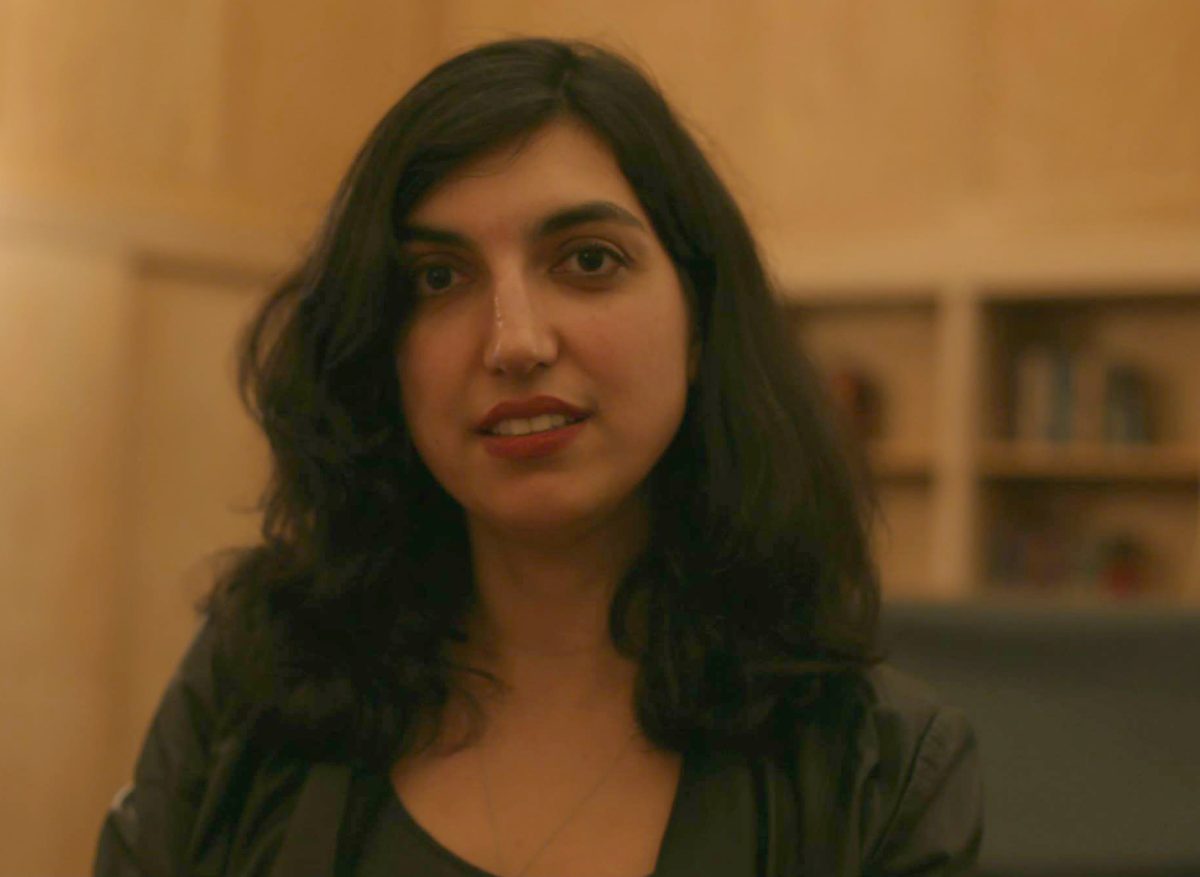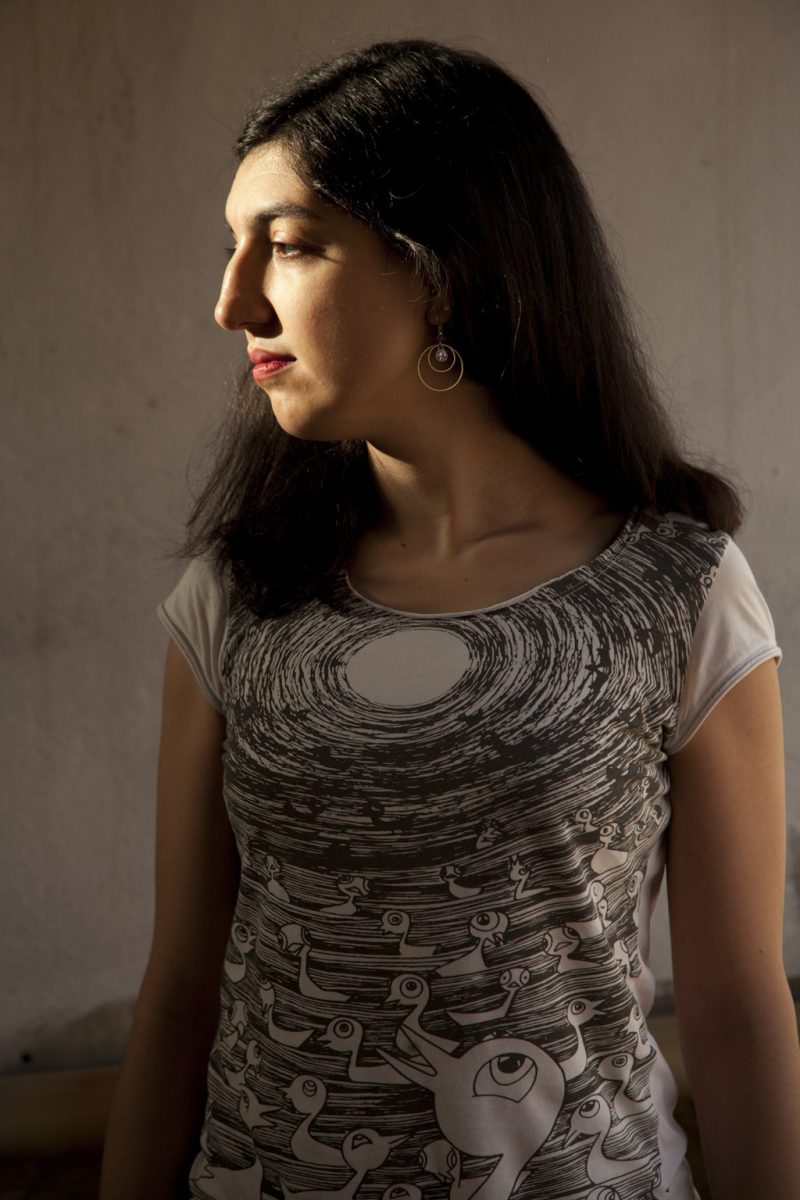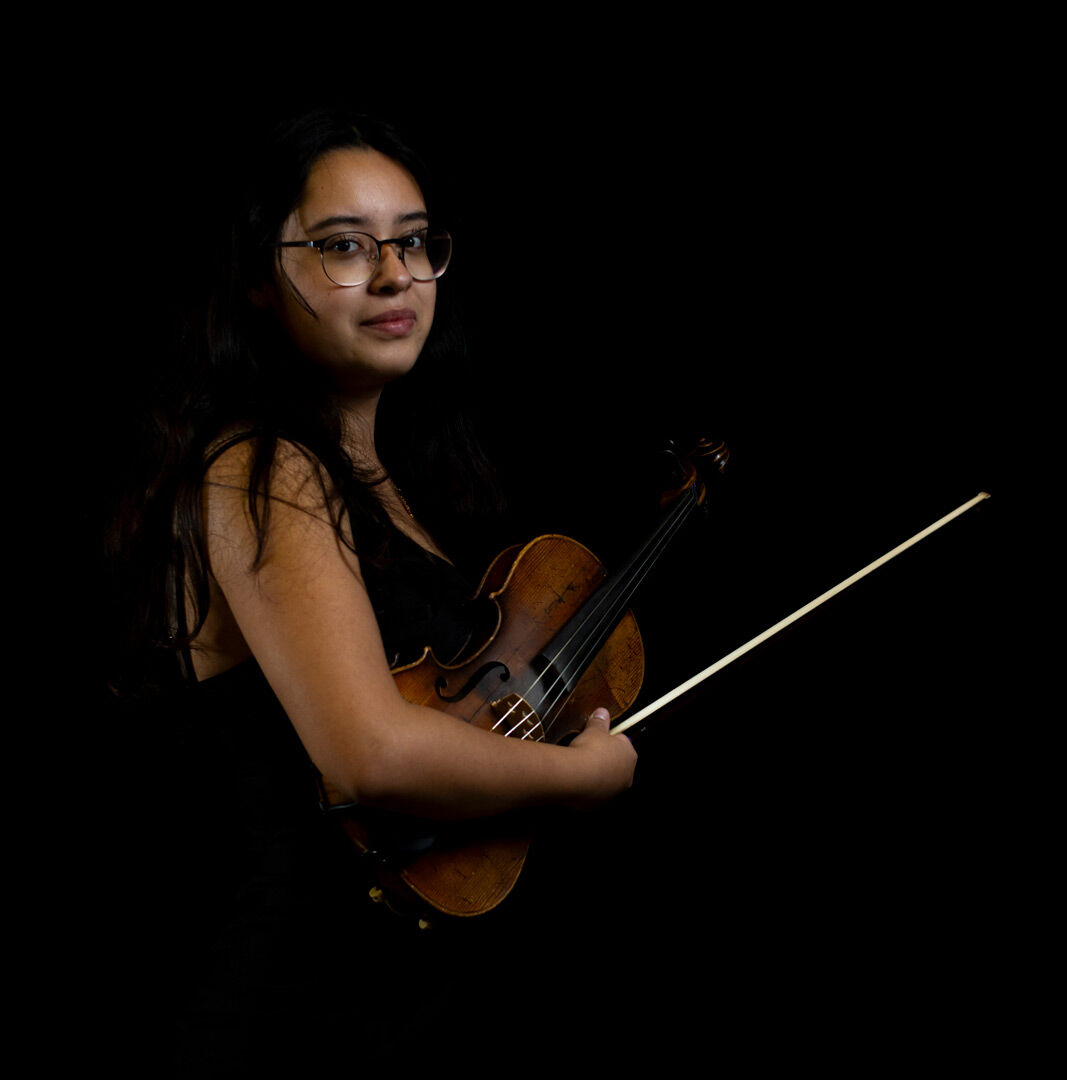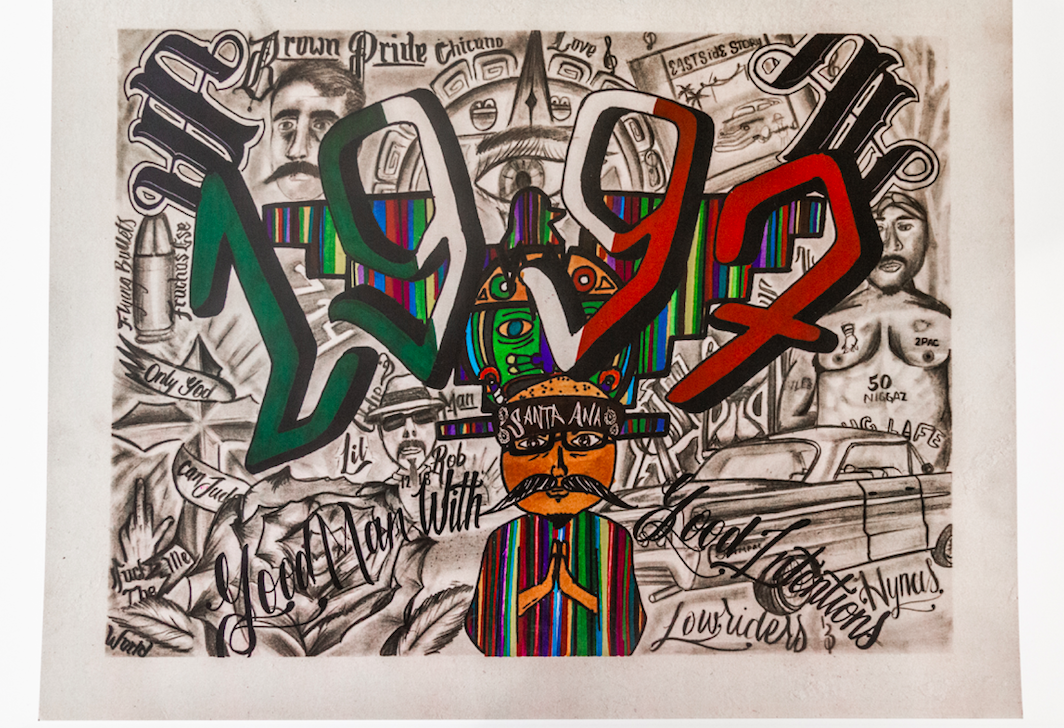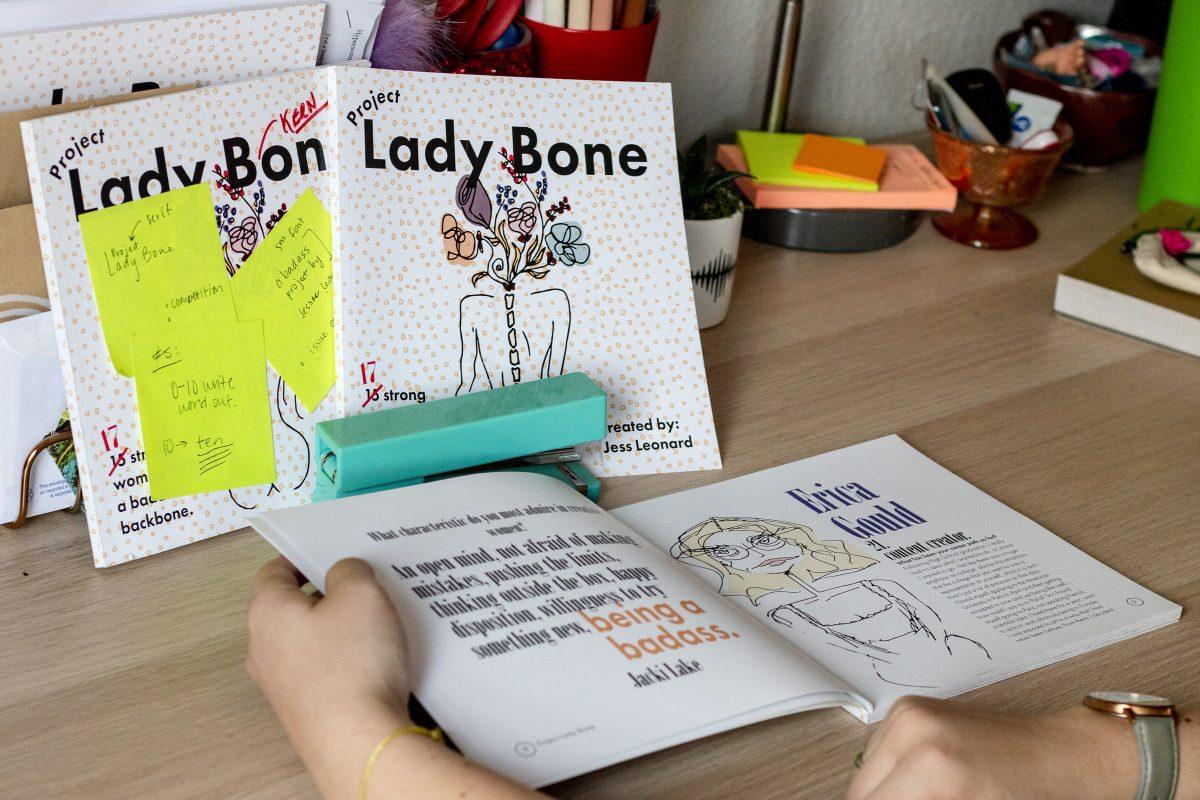You could say Elif Batuman is a bonafide Russophile — someone obsessed with Russia.
In 2011 she wrote the book on Russian stories and those who love them. She authored The Possessed: Adventures with Russian Books and the People Who Read Them, and just got done sharing it with a room of tenured professors, college kids, and community members at the University of Oregon when we spoke.
What struck me most about the staff writer with The New Yorker is how humble she is. After her book reading and a lively Q&A, she was generous and yielding — even to one perhaps over-enthusiastic student who badgered for a selfie and then asked which filter Batuman preferred.
She has a calm demeanor. I expected a hotshot with no time for a college magazine journo. But she was sweet; not pompous at all: she made me feel like the interview was a special moment we shared together.
I got the sense that Batuman does what she loves and, by doing so, fell into a prestigious position on the East Coast. Her credentials as a journalist are astounding: she’s written on bizarre topics that range from what it means to read racist literature to Thai kickboxing to dung beetles.
At 38, the lithe woman is twice my age. She’s worked in New York and traveled to research Leo Tolstoy at his estate in Russia. For her book, she pulls a number of clever anecdotes that deal in part with her time as a graduate student meeting the kooky, unconventional lovers of the Russian novel. Batuman received her bachelor’s degree from Harvard and a doctorate in comparative literature from Stanford.
We talked literature and the state of the American novel. And Batuman knows her stuff when it comes to the medium. She told me: “[The novel] was this form that had everything in it: newspaper writing and advertising and high speech and low speech and the exciting thing about it was how all these different registers of language were in place. Now I feel like in American novels you open it up and see a page of writing that would not appear anywhere else but in a novel.”
Now, this profile might sound a bit laudatory, but her influence on me was substantial: after talking about her special passion for comparative literature, I was inspired to change my major from English to that discipline. She made me realize that comparative literature is a flexible synthesis of whatever academic interests I could possibly have. In my case, that’s the contemporary fusion of studio-produced independent and mainstream cinema, and what exactly happens when the written word is adapted for the silver screen.
So thanks, Elif, for showing me how you turned your zeal for the crossroads between language and literature into a career.
elif batuman


